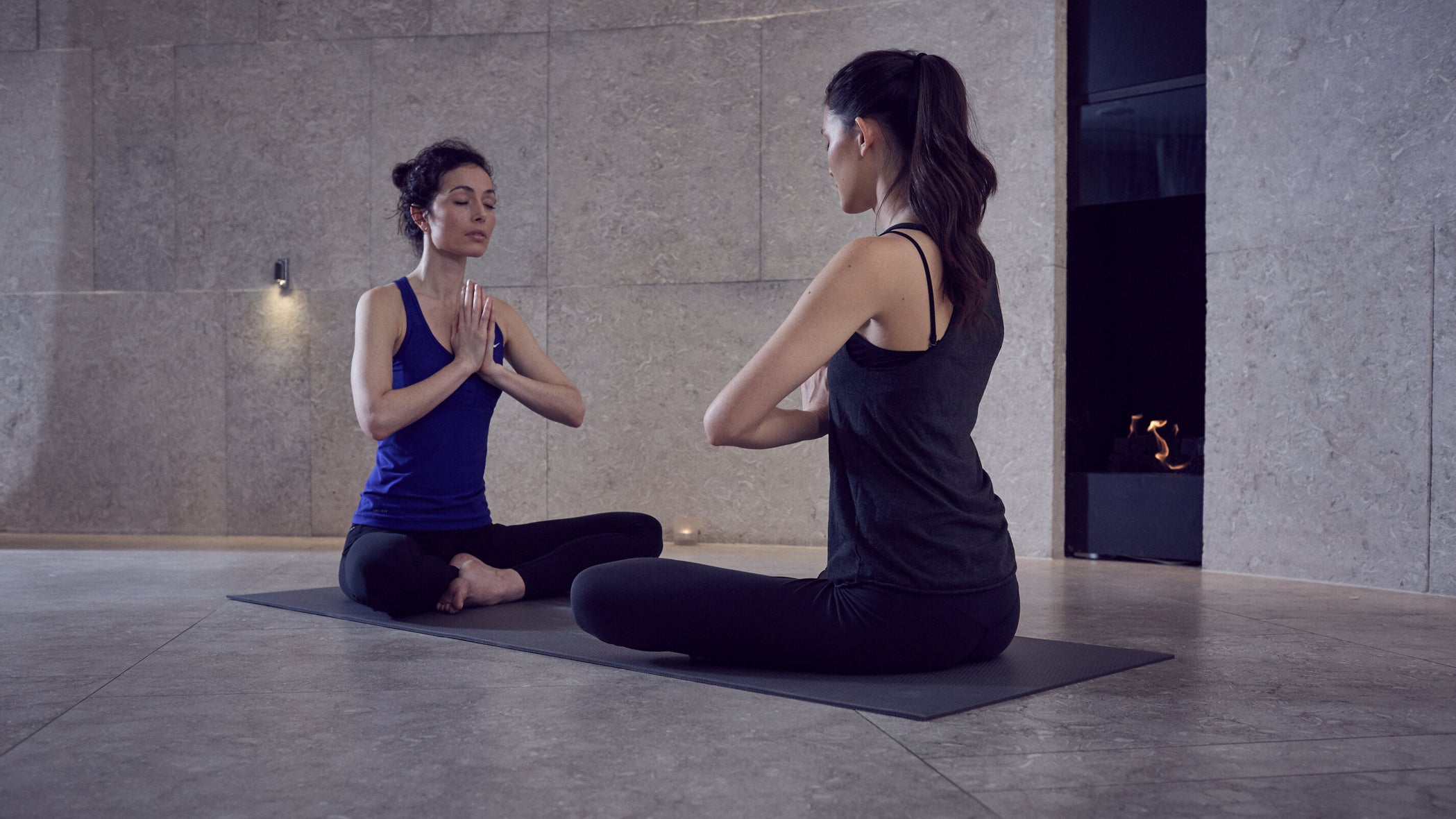
The Best Tips for Recovery
If you’re someone who takes their workouts seriously then it’s just as important to take your recovery seriously as well. Neglecting the rest and recovery phase of your programme will not only lead to feelings of exhaustion and fatigue, you run the risk of injury, muscle soreness and compromised performance as well. We spoke to two of Workshop’s finest trainers about their best tips for recovery.
Niki Bird, Performance & Fascial Stretch Specialist, Workshop London
I am a huge advocate of recovering harder than you train. I say this because change and adaptation does not take place when we train, it takes place whilst we are resting and refuelling. My number one recovery tip? Nail the basics first. Get adequate sleep. Hydrate. Eat nutrient-dense foods. People like to over complicate things, but it really doesn't have to be that way.
As I’ve heard it so aptly put before, sleep is the most potent recovery tool known to science. Simply explained, when we sleep, not only is our parasympathetic nervous system able to better regulate and balance our daily stress responses, but deeper states of sleep see our muscles benefiting from increased blood flow (therefore more nutrients and oxygen to muscles) and an increase in growth hormone production, aiding the recovery and regeneration process. Think of it as recharging your battery. If you're not fully charging it each and every night, your functionality is going to suffer and eventually you'll be running on empty. Start making sleep a priority, if you haven't already! Tracking apps can be a great tool to help build awareness, just be mindful to take the results with a pinch of salt as they are never 100% accurate. The best part? It's free and we all do it, so it's about fine tuning not reinventing the wheel. Try to aim for 7-9 hours of good quality sleep a night.
If sleep is something you struggle with, you could try the following:
- Mindfulness apps, such as Headspace
- Go for a walk outside daily, in nature if possible. Natural sunlight or bright light during the day, helps keep your circadian rhythm healthy (even in the UK!)
- Epsom salt baths in the evening (this is also great for muscle recovery because of the magnesium content)
- Be mindful of blue light exposure after dark. Ideally put phones and computers away a few hours before bed, but if you must use them, most phones and computers have blue light filtering modes these days, so turn them on at sunset
Alex Parsons, Performance Specialist, Workshop London
For me recovery is about choosing something that makes you feel good. It’s important to know that recovery is about making yourself not just physically feel better but also psychologically ready for your next session.
With this in mind it will be a case of trial and error as to finding the method that works best for you. A couple of my favourites are a warm bath with Epsom Salts, roughly 300g is optimal for this to help inflammation and reduce soreness. Remember not to have the bath too hot and soak in there for at least 15 minutes. Use this as mediation and try to concentrate on your breathing to help with any stressors from the day.
Another method I like is some cold therapy, this can be an ice bath or if you’re lucky enough to live by the sea, then going for a dip. This will help reduce inflammation and soothe muscles soreness by increasing circulation. Try to submerge your whole body and do this for three minutes. Whilst in the bath just concentrate on your breathing. When you first get in it will take your breath away, so home in on your breath from the get-go. Try to regulate this breathing by inhaling through your nose and exhaling through your mouth. Once you gain control of this try to then breathe in through your nose and out through your nose. If you have time combine two temperatures, alternating between hot/cold, hot/cold but making sure you finish with the cold.
